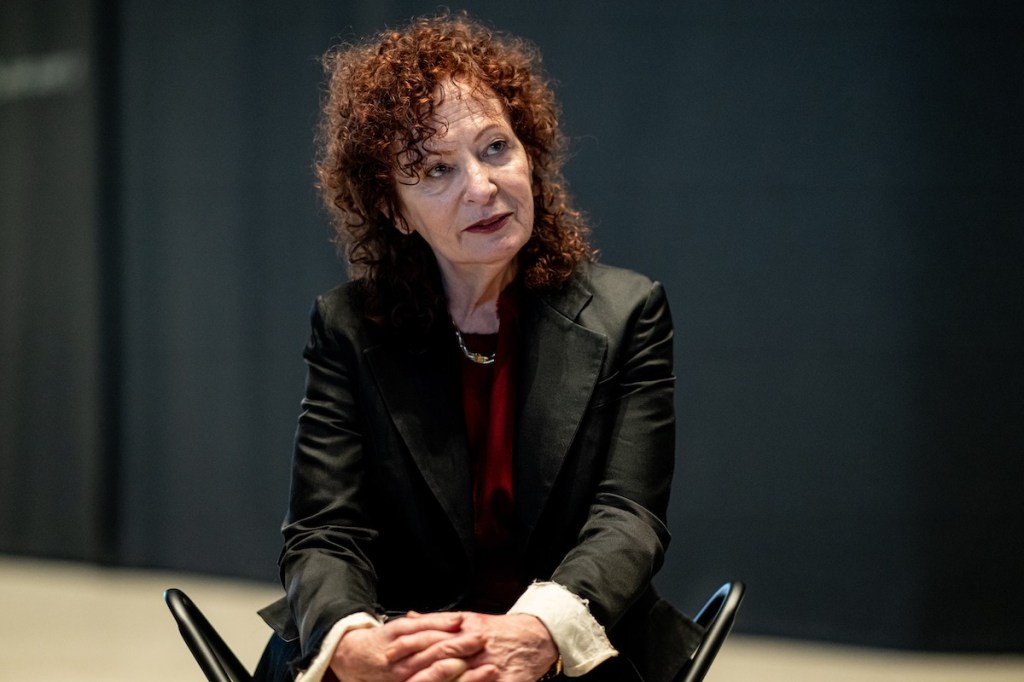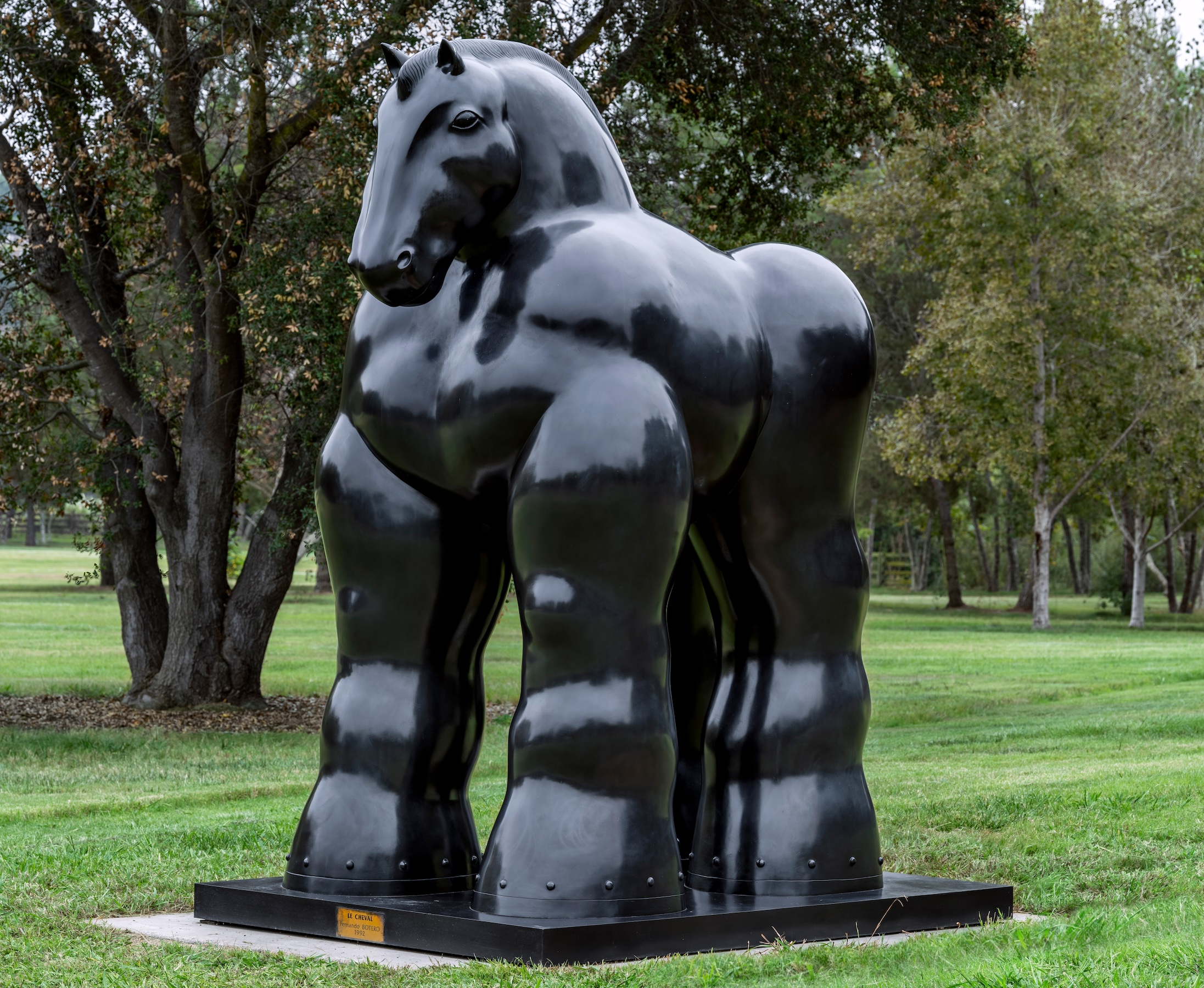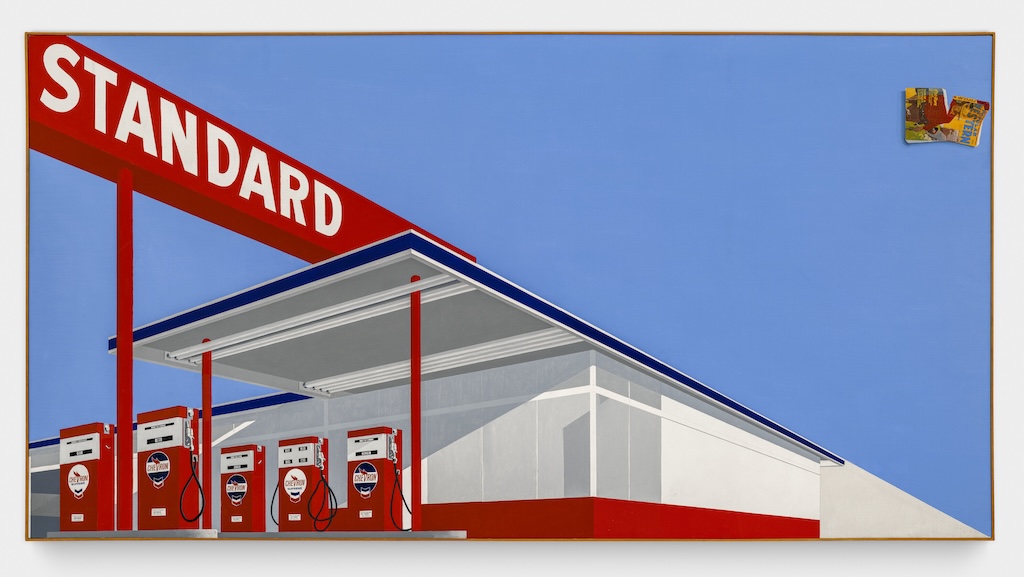This article discusses minor plot details from Season 3 of “The Other Two.”
The parasocial relationship is a phrase often passed around these days as a nod to the vapid yet hyperintense connection exclusively felt by a fan to a celebrity. It’s become so rampant and irrational that recent small screen offerings center entire plots around it.
But few, particularly in the case of “Swarm,” have been capable enough to decipher it or grapple with it in a satisfying way. It’s either made even more enigmatic or vilified without much thought. HBO Max’s LOL-funny satire “The Other Two,” though, actually shows the reality of parasocial relationships in ways that also feel natural to its story.
And it does so without undermining the essence of its characters or compromising its humor. That is a delicate balance because “The Other Two” has never had definitive moral standpoints or central protagonists with any semblance of integrity — even now as one flirts with the idea of doing good as per today’s standards.
In fact, their sense of right and wrong adjusts to whatever situation in which they find themselves. That’s also part of the show’s brilliance.
“The Other Two,” now in Season 3, nimbly depicts Hollywood’s casually toxic culture through the misadventures of underachieving siblings Brooke and Cary (the always-down-for-whatever Heléne Yorke and Drew Tarver) who’ve hinged their entire identities on trying to be a part of it.
Because of that, you can say that Brooke and Cary are in their own type of parasocial relationships. But not with specific celebrities. They’re deeply enamored with a Hollywood system that doesn’t love them back, and barely acknowledges them in the first place.
And yet they cling to what little success, albeit slippery, that they’re able to attain while their brother and formerly underaged viral pop star Chase (Case Walker) and mother/reluctant talk show maven Pat (Molly Shannon) navigate their actual celebrity with a new set of challenges.
Fame, as it diligently stated on the series’ Season 2 poster, “is a mother.” Sometimes you have it, sometimes you don’t and sometimes it’s not what you expected it to be.
That last part is what “The Other Two” gets to play with a lot in its third outing, even though the show is aware enough to know — based on an offhanded comment from a fake Applebee’s employee midway through this season — that famous people problems is its own privilege.
Showrunners Sarah Schneider and Chris Kelly seem to also understand that the parasocial relationships that accompany fame have to fold into this narrative.

There’s a running joke this season that Pat has to contort herself inside of a suitcase, wear full facial prosthetics or have a whole chain restaurant built as a set and hire actors to play the waitstaff and fellow customers so she could leave her mansion without getting mobbed.
Yes, that’s a very familiar byproduct of being a well-known name. But it’s also to protect the celebrity from fans who’ve developed such one-sided rapport with her that they think they can invade her personal space, bombard her with conversation or impede on her peace.
It’s played for laughs, and it’s very funny. But thanks in part to Shannon’s earnest portrayal of Pat, it’s also unnerving and unquestionably sad. Because nothing, really, can be done about it.
Later in the season, we get a major portion of an episode built around how to manage Chase’s romantic life now that he’s just turned 18 and whoever he dates has to endure the intense scrutiny, and often wrath, of his adoring fans who assume they know what’s best for him.
Is dating another celebrity a favorable option as opposed to a normie who’d most certainly have to be banned to a deserted forest if the relationship fizzles and Chase’s fans have to rely on their innate internet investigation skills to track down her home address and stalk her?

The fact that this question even has to be asked, and properly managed by Brooke, who’s also Chase’s co-manager, and record label executive Shuli (Wanda Sykes) reflects how normalized the parasocial relationship is. Because the people on the receiving end never really know what to expect from it, or how aberrant it can become — but they’re already primed on how to handle it.
We see this materialize a few other times this season, even with Cary, who becomes “somewhat of a name” when he stars as a newly iconic gay character and gets hell from both GLAAD and anti-gay audiences.
As “The Other Two” focuses on each character’s personal relationships with fame and their shenanigans to ensure they remain inside the Hollywood bubble, for better and sometimes much worse, the show also holds a mirror to the unseen fans that are both a part of the show and watching it.
Parasocial relationships are so inherent in our culture that it might be easy to skirt by their presence on a comedy like this that often flits from one ultraspecific Hollywood or celebrity experience to another, giving the audience little time to treat any of it with a sense of gravity.
But one of the greatest things about “The Other Two” is its ability to drop a dollop of sincerity in each situation. In terms of what it shows us about the parasocial relationship, that becomes especially critical.










